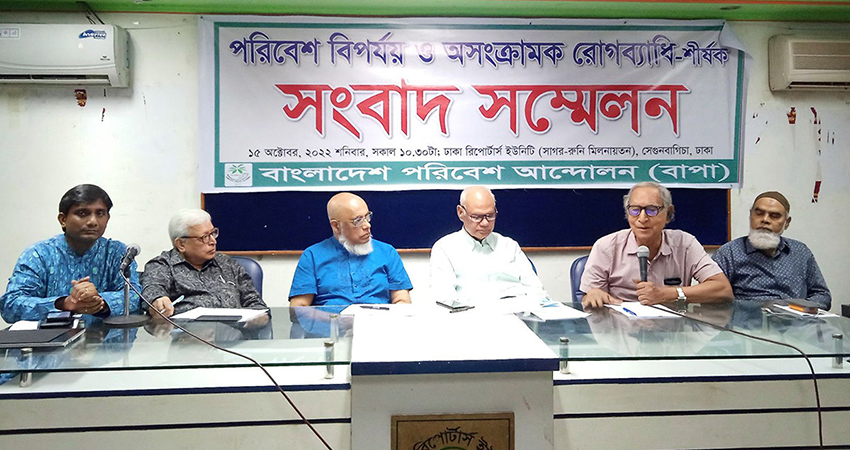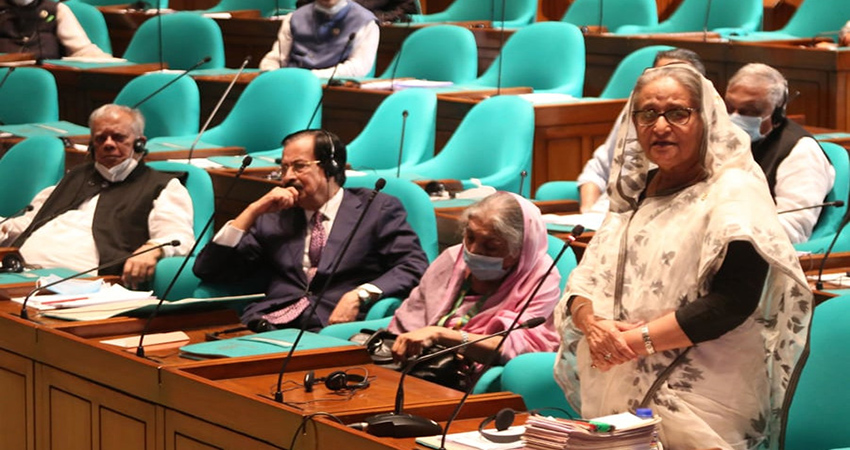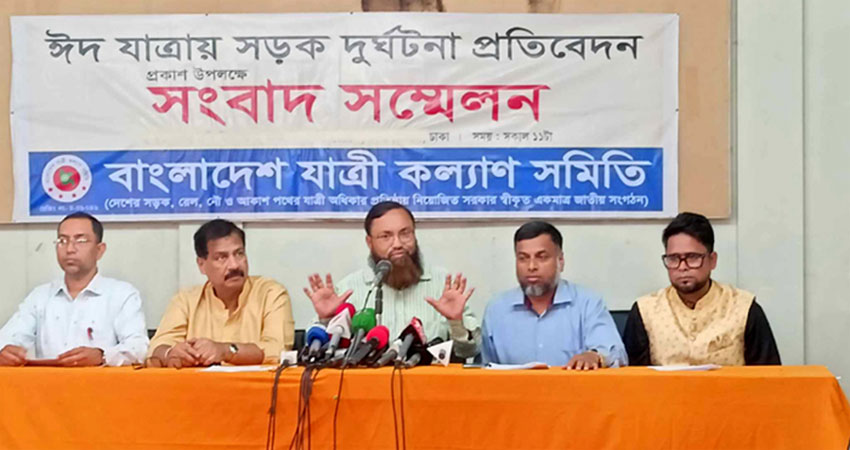The Government of Japan and UNHCR, the UN Refugee Agency, on Wednesday signed a US $3.5 million partnership agreement to provide protection and humanitarian assistance to forcible displaced Myanmar’s Rohingyas temporarily sheltered in Bangladesh.
The contribution of USD 3.5 million, equivalent to JPY 500 million will be used to maintain access to critical and life-sustaining services for Rohingyas living in the Cox’s Bazar refugee camps and on Bhasan Char.
“UNHCR is grateful for the support from the Japanese Government and its people towards Rohingya refugees, and their solidarity with the Government and people of Bangladesh hosting them,” said Johannes Van Der Klaauw, UNHCR Representative in Bangladesh.
“Japan was the first to support the humanitarian response on Bhasan Char. Its contribution has allowed UNHCR to strengthen local NGO work on the island, including providing protection and access to essential services,” he added
As per the agreement, UNHCR will continue its humanitarian response in the camps in Cox’s Bazar and on Bhasan Char, focusing on providing key services, such as legal and community-based protection, access to health, hygiene and sanitation, nutrition support and core relief items.
“Japan decided to provide assistance to this project, with the strong hope that it will improve the protection, healthcare and livelihood opportunities of the Rohingya population on Bhasan Char, and enhance their security in Cox’s Bazar,” said Ambassador of Japan to Bangladesh Ito Naoki.
Mentioning about his recent visit to Cox’s Bazar, the Ambassador said he saw the dedicated and innovative work of UNHCR and its partners. As the Rohingya crisis has turned into the sixth year, it is imperative to continue funding for better and dignified lives of refugees, while making every effort for the early repatriation to Myanmar.
“With the view that durable solutions of this crisis will be conducive to realizing a Free and Open Indo-Pacific region, Japan will stand by the Government and the people of Bangladesh in supporting the Rohingya response.” said Ito Naoki.
Skills development and livelihoods activities will be strengthened to provide Rohingyas with the capacities to support their communities and to help them prepare for a safe and sustainable return to Myanmar, once conditions are conducive.
The crisis is in a protracted situation, and Rohingya refugees’ lives are still dependent on humanitarian assistance. The support from Japan comes at a crucial moment, as the Rohingya response is one of the underfunded refugee situations in the world.
Since the beginning of the emergency in August 2017, Japan has been a steadfast supporter of the Rohingya refugee response in Bangladesh, contributing over USD $170 million to UNHCR and other UN agencies and NGOs in Bangladesh, including through this new funding.



















